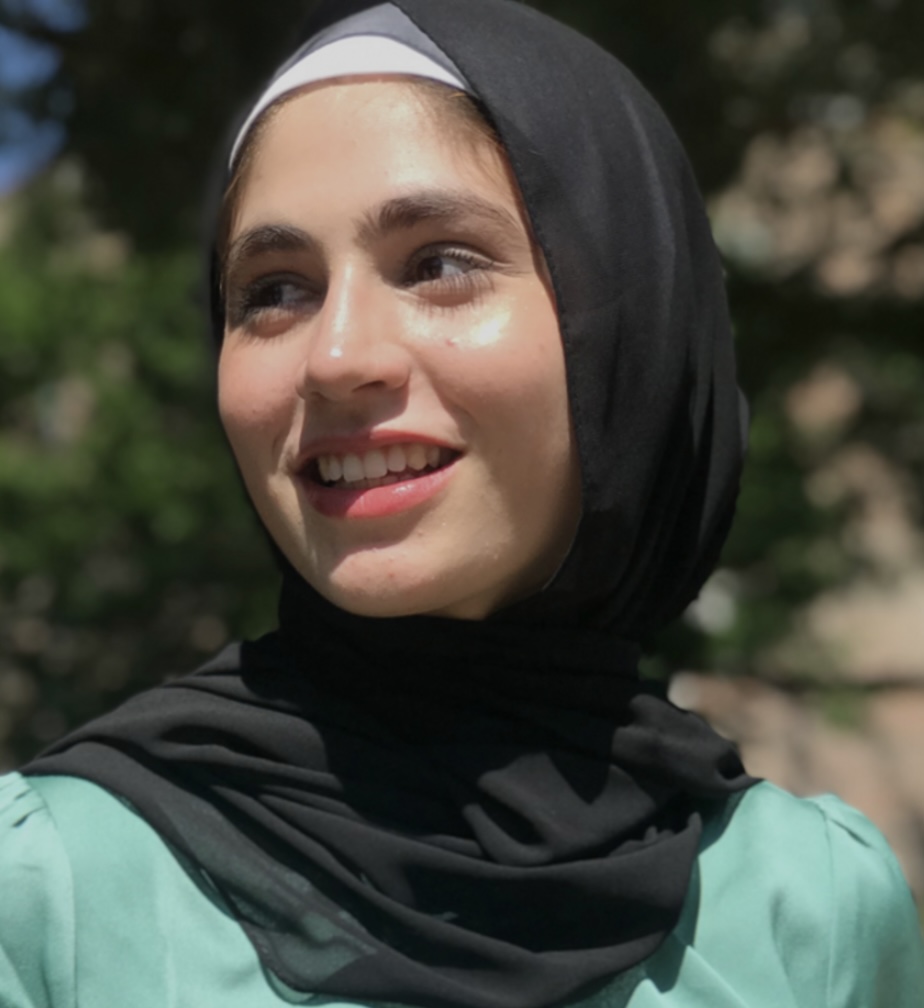About Us
Company Bio
We started For The Bee’s in March 2012 after reading the global agricultural and wildlife report on the state of wildlife in the new decade. Back when, YOLO and selfies were a pop-culture phenomenon. It was a devastating read and with the Colony Collapse Disorder which meant losing our bee population and the ability to pollinate fruits and vegetables. We were disheartened with the state of the bee world. Consumed with compassion for these mighty creatures it was easy to get lost into a frenzy of doom and despair however, we rose up above it; and so, we created For The Bees. A non-profit company that restores bee colonies, where we build new hives to conserve and create new bee populations, we also make an effort to bring this conversation to the front of the American consciousness. With each donation, you get a bee to track and for every dollar donated you get the converted weight of honey sent to you every month. We also allocate 75% of all proceeds from our shop to restoring bee colonies all along the east coast of North America.
Why should you care?
Honey bees are among the most numerous and efficient pollinator species in the world. Considering that the average honey bee can visit more than 2,000 flowers in one day, these bees greatly increase the chances of a plant producing a fruit or vegetable.
Honey bees are the species most commonly used as commercial pollinators in the US. They are managed and used to pollinate over 100 crops grown in North America, and contribute $15 billion to the US economy every year. Many crops, such as almonds, which contribute $4.8 billion to the US industry each year, rely on honey bees for more than 90% of their pollination.
But honey bees don’t only pollinate crops-- they also pollinate wild and native plants, thus contributing to all the environmental and societal benefits attributed to pollinators in general above.
Last year, in 2016, 44% of managed beehives in the US died. The number of managed honey bee colonies in the United States has declined steadily over the past 60 years, from 6 million colonies (beehives) in 1947 to 4 million in 1970, 3 million in 1990, and just 2.5 million today. Overwintering loss rates have increased from the historical rate of 10-15% to approximately 30%, and beekeepers have collectively lost approximately 10 million beehives.
What can you do to help?
- Donate!
- Start a Facebook fundraiser!
- Shop through our site
- Donate via philanthropic services!
Donating is one of the most direct ways you can help For The Bee's. You may commit to a long-term impact by giving a monthly, quarterly, or annual donation that will ensure our environmental educators will keep spreading the word to save the bees for years to come!
Help get others buzzing about For The Bee's by starting a Facebook fundraiser! Whether for your birthday or another occasion, set up a fundraiser to inspire your friends to help Planet Bee. Any donation, however big or small, will aid us in our mission to create a green-minded generation through environmental stewardship, using the lens of the struggling honey bee to teach the power of individual action.
By ordering For The Bee's merchandise, you will not only look un-bee-lievably cute in our comfy sweatshirts or sporty in our premium tank tops, but you will also be supporting our cause!
If your workplace allows you to donate your volunteer hours through companies like Deed, Benevity, and YourCause, consider giving to For The Bee's! Platforms such as these enable and empower you to do good, through volunteering, fundraising, and cause-focused campaigns, while ensuring the impact on communities is tangible, like donations to nonprofits. If your employer is not currently participating in these, or any other, philanthropic services, consider recommending one, as the benefits are incredibly impactful!
Meet The Team

Shadman Chow, 22 New York
Marcy Lab School Fellow
How will we be the change we wish to see in the world, if there's no world.

Sumaira Khan, 19 New York
Marcy Lab School Fellow
Sumaira is a nineteen year old based out of New Jersey and is passionate about saving the bees. Her passion for bees started in environmental class where she first learned the significance of bees on the environment and agriculture, motivated by the plight of the bees she created For The Bees with friends who shared the same care and compassion for bees. When she’s not working on saving the bees, she spends her time writing and teaching horticulture to the kids in her local community and watching the latest episode of Legacies.

Noel Fernandez, 23 New York
Marcy Lab School Fellow
Noel is a 23 year old chemist/engineer with an intersecting love for the bee’s. He is one of three founders here at For The Bee’s. His main focus is maintaining the hives and making sure each bee has the best habitat to live in. Noel’s number one priority here at For The Bee’s is collecting data and making advances to bee hives globally. When he isn’t on the job, he likes spending time outdoors and observing the natural spaces by which we live. He is also in the process of becoming a software engineer through the Marcy Lab School.